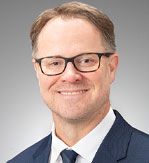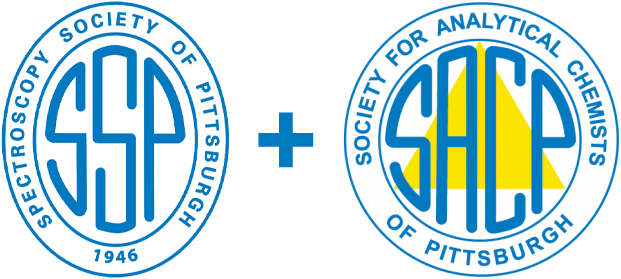Host Your Own Virtual Meeting
Grants are available for institutions that broadcast our Technical Program.
Technical Program
“Tinnitus: Using Functional Near-Infrared-Spectroscopy to Objectify a Subjective Problem”
Attend In-Person
The monthly meeting will be held in the Power Center Ballroom, Duquesne University. Registration for dinner is required.
Please pay for your meal with a credit card at the time of the meeting.
$5 for students; $15 for all others.
6:00 pm – Dinner
6:45 pm – Business Meeting
7:30 pm – Technical Program
Please note the new process for reserving your meeting spot.
Deadline is Monday, December 22 at Midnight.
Attend Virtually
The monthly meeting Technical Program is accessible via the Zoom platform.
Pre-registration required. Link will be emailed.
6:45 pm – Business Meeting
7:30 pm – Technical Program
Please Note: No Parking Before 5:00 PM
There are new Duquesne University parking restrictions now in effect.
- Entry only AFTER 5:00 pm for all members, staff, students, and guests using the Forbes Avenue garage.
- Entry before 5:00 pm is limited to ONLY those involved with set-up in the Powers Center.
- Bring the QR parking ticket to the meeting for a paid QR ticket to scan when leaving the garage.
- The dinner registration form will ask you to indicate if you require a parking pass. Please note: passes are non-refundable and only valid for that meeting.
About the Program Speaker

Gregory Basura, MD, PhD is a professor surgeon-scientist in the Division of Otology/Neurotology-Skull Base Surgery in the Department of Otolaryngology-Head and Neck Surgery at the University of Pittsburgh/UPMC. With a fifty percent research appointment, Dr. Basura divides his time between patient care, basic science/human translational clinical research, resident/medical student teaching, administrative/committee, institutional service, student mentoring and global outreach/humanitarian efforts. He also serves as the Department Lead for Global Outreach.
Basic Science Research:
Dr. Basura’s research interests include both basic science animal and human translational studies of tinnitus and single-sided deafness, both of which are challenging and common clinical problems. Using animal models of tinnitus and single-sided deafness, he has investigated multisensory integration (e.g., cross-modal plasticity of auditory cortex with somatosensory and visual systems) in the modulation of central auditory pathways following noise-induced tinnitus and single-sided deafness. His previous collaborations employed extracellular in vivo electrophysiology recordings to understand how non-auditory systems (e.g., somatosensory, and visual) modulate neural firing properties in auditory cortex neurons. This research helped to elucidate central neural origins of tinnitus percepts and brain plasticity following sudden unilateral (single-sided) deafness. Dr. Basura’s basic science work has been published in high-profile journals with numerous citations and has been funded by foundational (Deafness Research Foundation), governmental (NIH R03, R21) and clinical organizational (Clinician-Scientist Developmental Award sponsored by the American Otological Society) grant awards.
Clinical Research:
Dr. Basura’s clinical/translational human research capitalizes on his basic science work and clinical practice expertise. He is currently using functional near-infrared spectroscopy (fNIRS), a type of non-invasive neuroimaging technology, to measure brain activity and plasticity in humans with tinnitus and single-sided deafness. This work has yielded several key seminal high-profile publications and many national and international presentations and a recently funded “high risk” NIH R21 grant for new technology development in collaboration with Biomedical/Electrical Engineering. The goal of this work is to advance existing fNIRS technology using highly innovative adaptations of the traditional fNIRS probes to gain better understanding of central auditory nervous system dysfunction to diagnose and treat disorders such as tinnitus and deafness that involve human central auditory circuits.
Dr. Basura was recently awarded an R01 grant from the NIDCD to use fNIRS to investigate and objectify central auditory markers of human tinnitus including somatosensory variants, or perceptions that patients can modulate with head and neck movements. That work is being conducted in collaboration with the Communication Science and Disorders Department at the University of Pittsburgh.
For humanitarian outreach/service and teaching, Dr. Basura’s goal is to establish the Department of Otolaryngology and the University of Pittsburgh as a leader in Global Humanitarian Outreach and Medical Educational Partnerships. By building a strong Departmental and University coalition, the plan is to improve clinical and research independence in low- and middle-income countries. Dr, Basura has been involved with the developmental of the recently minted one-year dedicated otology clinical/surgical fellowship at the University of Cape Town in South Africa with fellowship director, Dr. Tashneem Harris. He has also established the African Otological Society (www.afotos.org) to build otology and audiology capacity and community in Africa.
